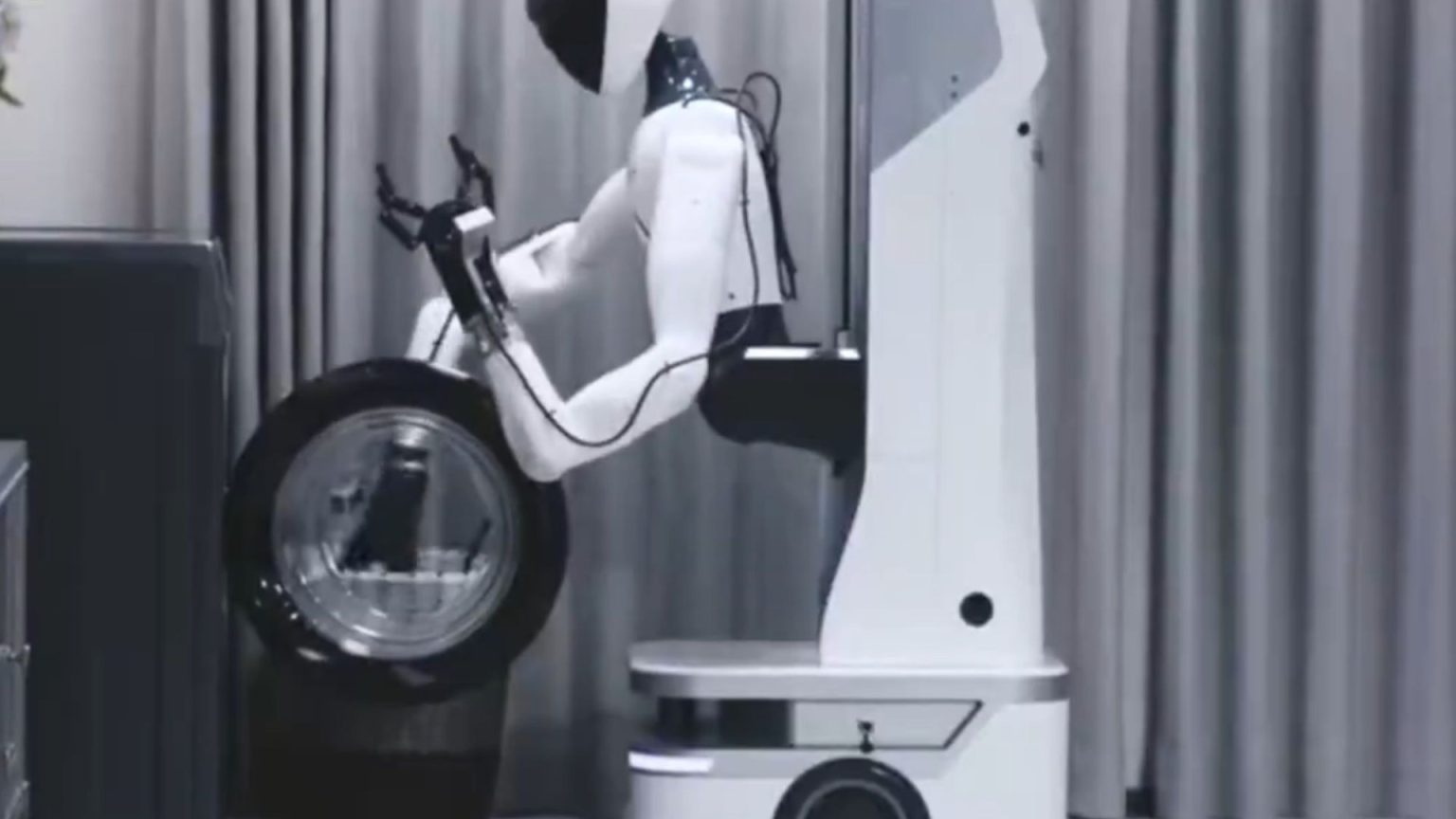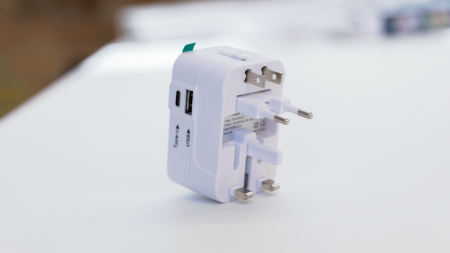The race towards a future populated by humanoid robots is accelerating, with China emerging as a significant player in this technological frontier. A recent video released by Shanghai-based startup Agibot showcases their expanding line of robots designed for domestic tasks, echoing a broader trend of robotic development in the country. This surge in robotic innovation follows other unsettling advancements, including the development of hyperrealistic silicone skin for robotic faces and the increasing integration of human-like bots in manufacturing settings, raising questions about the future of human labor and the potential societal implications of widespread robot adoption.
Agibot’s promotional video offers a glimpse into the production process of their latest range of five robots, from initial material unloading to the final stage where the robots demonstrate their capabilities in performing household chores. The footage depicts both wheeled and bipedal robots equipped with humanoid arms, performing tasks ranging from making beds and cleaning tables to operating washing machines. This suggests a deliberate push towards robots capable of handling a variety of domestic tasks, potentially transforming the landscape of household labor and elder care. The varying designs also indicate an exploration of different robotic forms, each potentially tailored for specific functions within the home.
The rapid ascent of Agibot, founded in February 2023, highlights the accelerated pace of robotic development. From their initial industrial-focused Raise A1 model released in August 2023 to the unveiling of a full set of humanoid robots just weeks later, the company’s ambition is evident. This aggressive timeline underscores their goal of creating a multi-functional household assistant capable of cooking, laundry, and elder care, ultimately aiming to carve a substantial share in the burgeoning market for consumer robotics. The company’s founder, Peng Zhihui, a former Huawei “Genius Youth” recruit, lends credibility to this ambition, suggesting a high level of technical expertise driving the company’s rapid progress.
At the forefront of Agibot’s lineup is the Yuanzheng A2, a bipedal humanoid robot standing 175cm tall and weighing 55kg. Reports indicate that this flagship model is equipped with advanced sensors and AI capabilities, enabling it to process text, audio, and visual information, effectively giving it the ability to see, hear, and understand its environment. Its reported dexterity, evidenced by its ability to thread a needle, highlights the advanced motor skills being developed in these robots. This level of sophistication positions the Yuanzheng A2 as a direct competitor to Tesla’s Optimus, setting the stage for a potential product war between these two tech giants.
Agibot’s founder, Peng Zhihui, has publicly expressed confidence in the company’s ability to compete with Tesla, citing superior commercialization and cost-control strategies. This suggests a focus on not only technological advancement but also on market viability and affordability, factors that will be crucial in determining the widespread adoption of such technology. While Tesla’s Optimus remains a significant competitor, Agibot’s aggressive product development and stated focus on cost-effectiveness position them as a serious contender in the race to bring humanoid robots to the consumer market. This competition is likely to drive further innovation and potentially accelerate the timeline for affordable, commercially available humanoid robots.
The broader context of these developments includes China’s ongoing experimentation with ultra-realistic silicone faces for robots, blurring the lines between human and machine. This pursuit of lifelike aesthetics, combined with the rapid advancement in robotic functionality, raises complex questions about the future of human-robot interaction and the potential psychological impact of increasingly human-like machines. The implications extend beyond the domestic sphere, potentially reshaping industries, economies, and the very fabric of society. The advancements by companies like Agibot represent a significant step towards a future where robots play a much more integrated role in our lives, a future fraught with both exciting possibilities and significant challenges.











